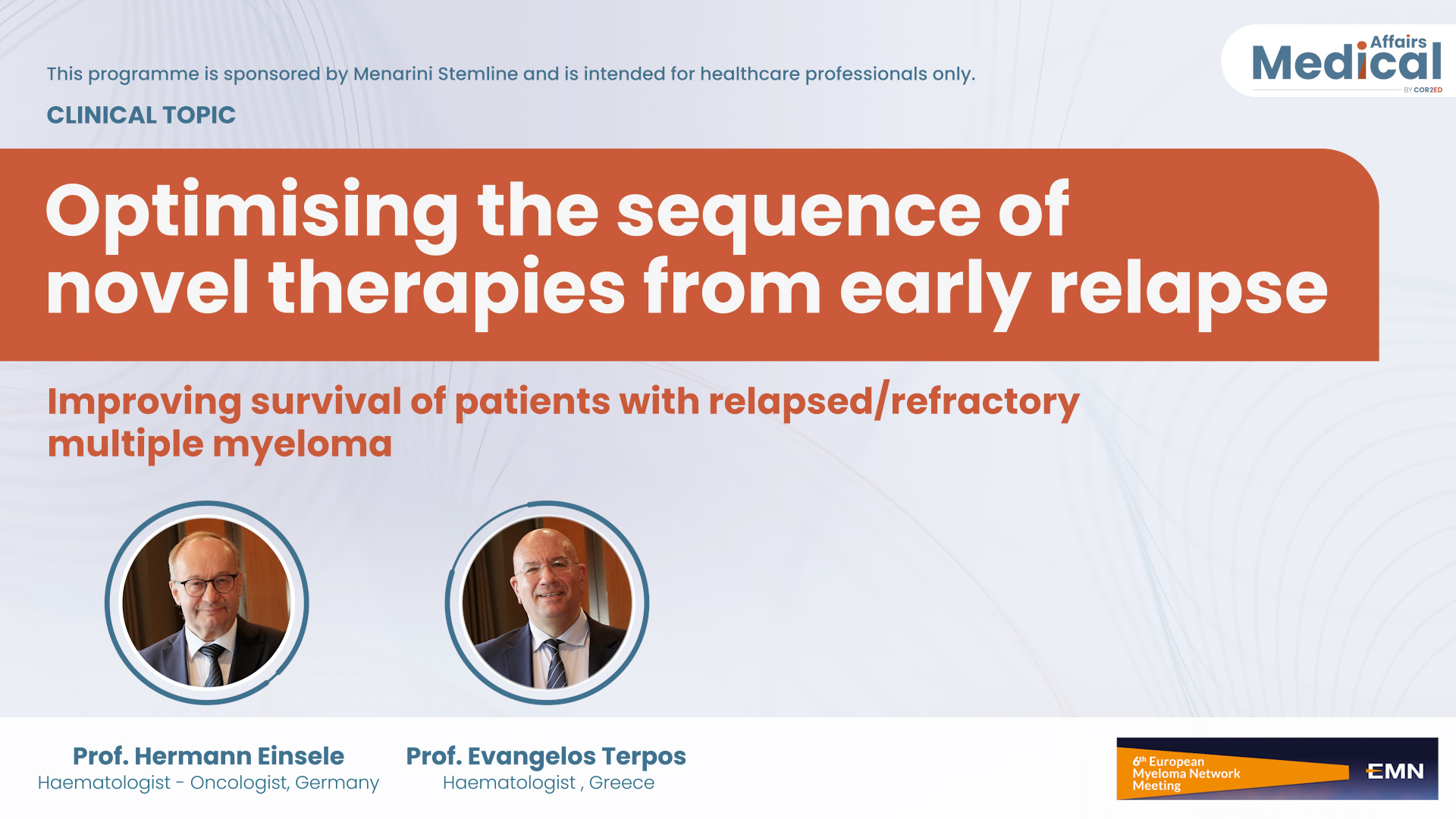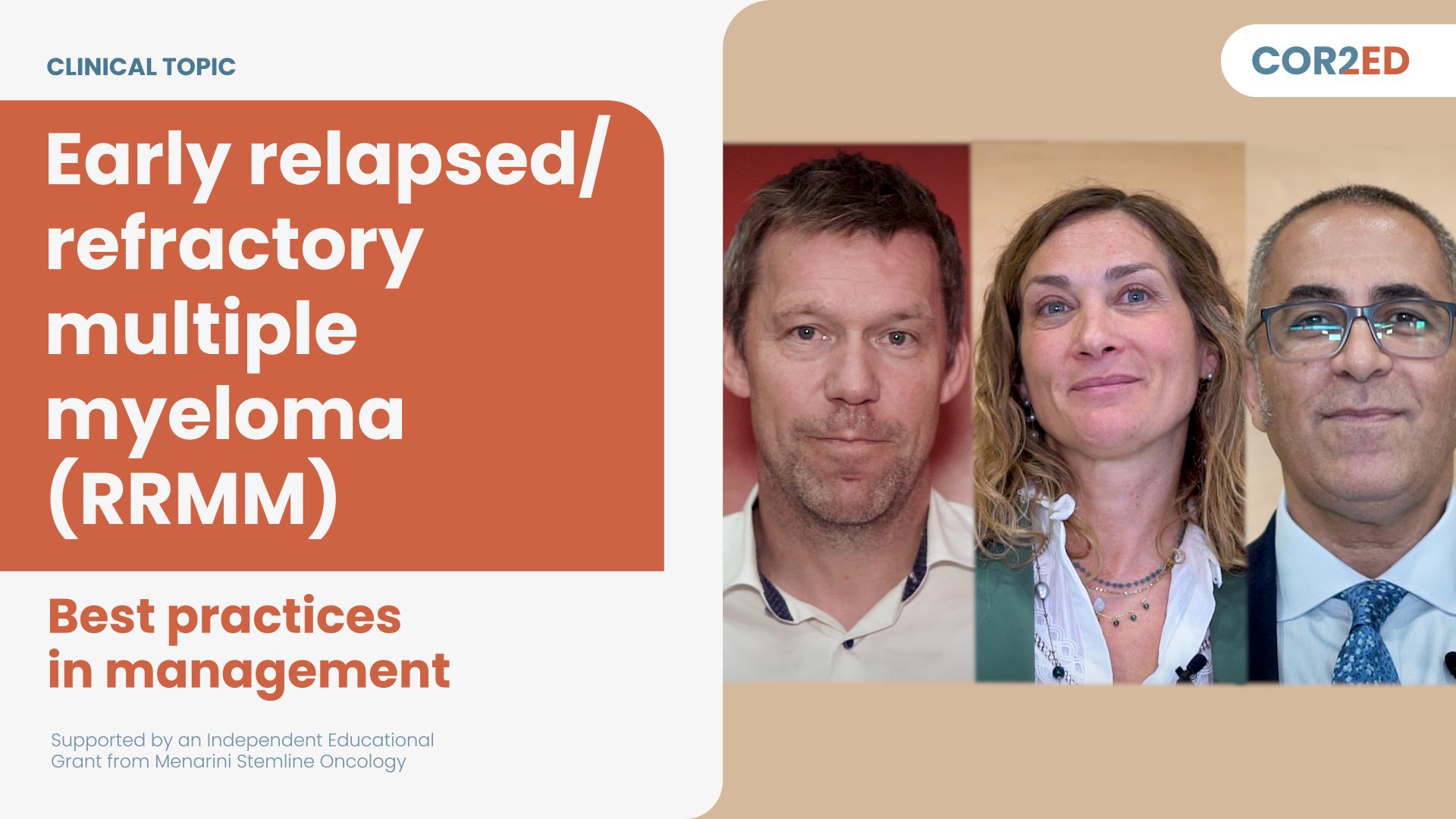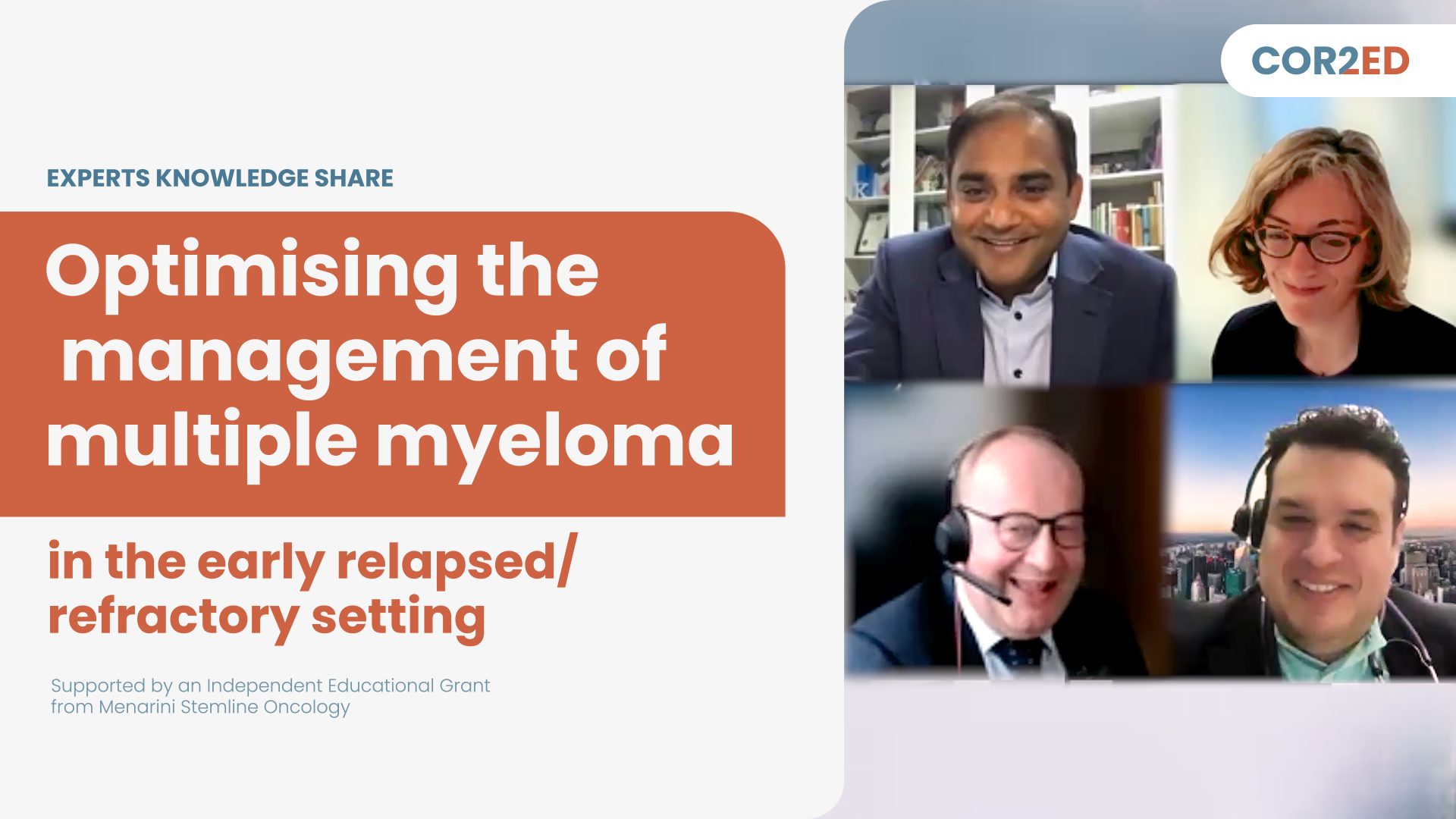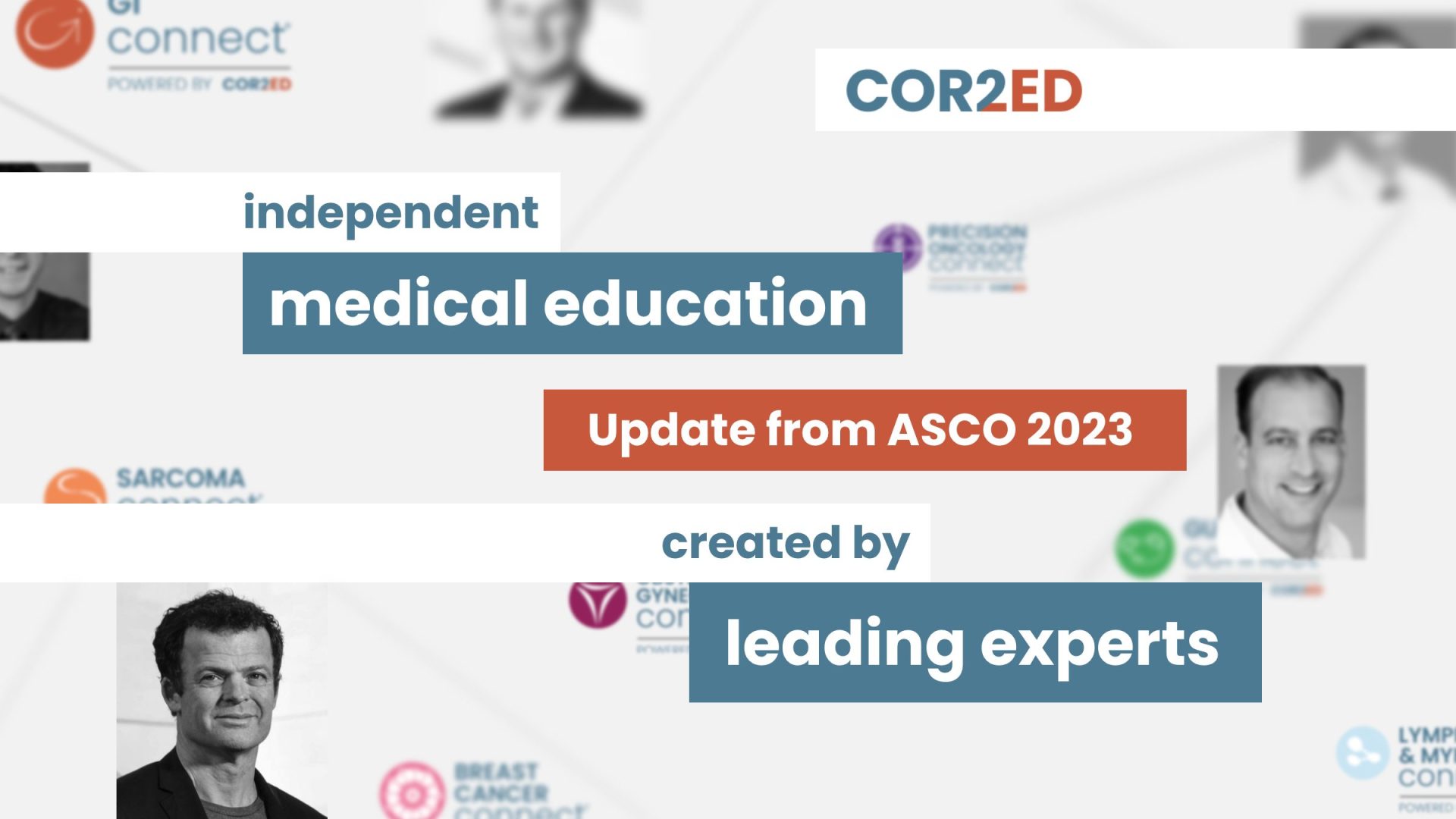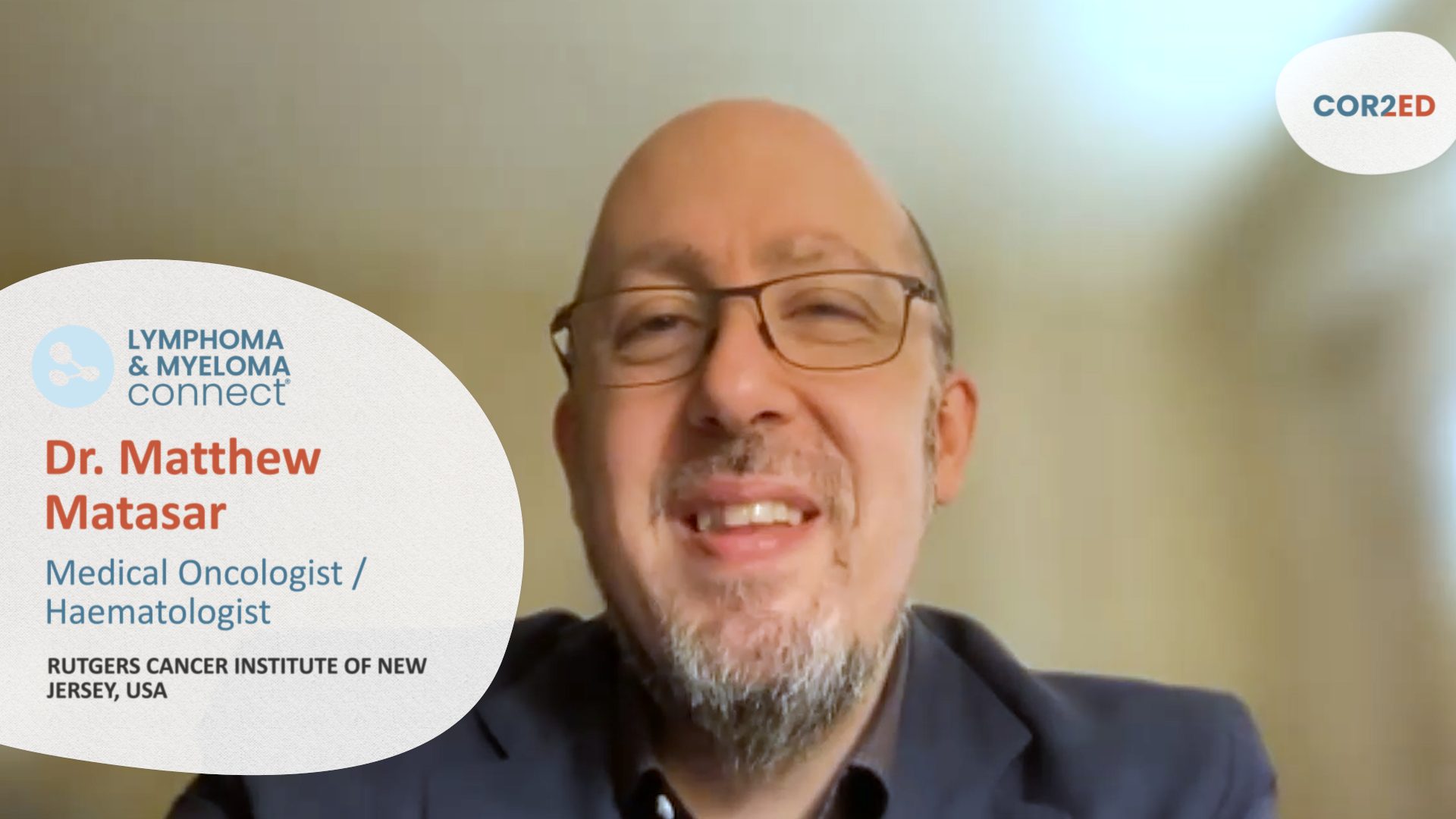Video Transcript
Highlights in non-Hodgkin Lymphoma – Diffuse-Large B-Cell Lymphoma (DLBCL) and Follicular Lymphoma (FL)
Introduction
Hello, my name is Dr Tycel Phillips. I’m an Associate Professor at the University of Michigan, Ann Arbor, United States. I’d like to thank you for taking the time to listen to this presentation about the new and improved agents in patients with large cell lymphoma and follicular lymphoma.
Within the last 6-12 months there have been several new agents approved for the treatment of patients with diffuse large B-cell lymphoma and follicular lymphoma. What we will do is discuss these agents and where they fit into our clinical practice.
Loncastuximab tesirine in DLBCL– LOTIS-2 study
The first agent that I’ll discuss is loncastuximab tesirine, which is a CD19 drug-antibody conjugate. The drug that is conjugated to this antibody is a PBD dimer toxin, which causes irreversible DNA and intra-strand crosslinks causing a block in DNA separation and DNA replication. This agent was approved for third-line diffuse-large B-cell lymphoma, based on the results of LOTUS-1 and LOTUS-2. In the LOTUS-2 study, there was an overall response rate of 48.3% with a complete remission rate of 24.1%. The median duration of response was 10.3 months.
The key takeaways from this study would be that this agent is given every 3 weeks, so the treatment duration is fairly reasonable for patients. The drug is dosed at 150 µg/kg for the first two cycles and thereafter drops to 75 µg/kg, to reduce some of the toxicities noted with this agent. Overall, the toxicity profile was manageable and there are some medications that can be given prophylactically to help prevent some of the AEs. But from data presented it did appear this agent was tolerable for elderly and young patients with diffuse-large B-cell lymphoma.
Lenalidomide + tafasitamab-cxix in DLBCL – L-MIND study
The next agent that we will talk about in this patient population is lenalidomide and tafasitamab. Lenalidomide is an immunomodulatory agent that we are all aware of, whereas tafasitamab is a CD19 drug-antibody conjugate. Tafasitamab was given in 12 mg/kg IV, days 1, 8, 15 and 22. Whereas lenalidomide was given as 25 mg on days 1-21, with 7 days off. After the first three cycles, the administration of tafasitamab changes to days 1 and 15 and after the cycle 12 lenalidomide is dropped, and tafasitamab is given as a single agent, on days 1 and 15.
The overall response rate from this study was fairly reasonable, with 36.5-months of follow-up showing 57.5% overall response rate, a complete remission rate of 40% and a partial response rate of 17.5%. The median duration of response was 43.9 months, the median progression-free survival was 11.6 months, and the median overall survival was 33.5 months.
This study was a little bit different from loncastuximab in that it was given for patients with 1-3 prior lines of therapy, and it did at some point exclude patients with primary refractory disease. The overall response rate is impressive, but this drug appears to be more so of function for patients who have relapsed disease versus those who have primary refractory disease, and more follow-up in regular clinical practice will be needed to see how applicable this treatment regimen is to patients with more refractory disease that we’d typically see in our clinical practice.
Conclusion on DLBCL
All in all, both these agents for large cell lymphoma have had added to our clinical algorithm of drugs that we can use for these patients and will hopefully improve some of the clinical outcomes we have in patients who are either intolerant to or fail autologous stem-cell transplantation or CAR-T therapy.
Axicabtagene ciloleucel in FL– ZUMA-5 study
Now, we will switch gears to follicular lymphoma. At this time, we will talk about axi-cel, which is a CAR-T therapy.
Axi-cel was studied in the ZUMA-5 study, where it was studied in patients with relapsed/refractory indolent non-Hodgkin lymphoma. This study demonstrated an overall response rate of 92% overall, with 94% in follicular lymphoma and a complete remission rate of 80% for follicular lymphoma. The median follow-up was a bit short, but 64% of the patients with follicular lymphoma remain in response and responses were on-going in 78% of those who obtained a complete remission.
The safety profile of the treatment was very manageable in follicular lymphoma compared with what we would see in diffuse-large B-cell lymphoma. And of note, there were no grade 5 neurological events, and there was only one grade 5 cytokine release event noted in the study.
Conclusion on FL
Given how follicular lymphoma is a very convoluted market there are multiple agents that can be given in these patients, I think longer follow-up of this treatment is needed, given the cost associated with CAR-T therapy and some of the associated side effects.
The benefits of CAR-T: obviously it’s a one-time treatment but how this compares to some of the other agents that are approved in this setting, will be valuable, especially with the evaluations of the median follow-up, the duration of response in these patients, and also where bispecific antibodies fit into this picture, given that follicular lymphoma as of right now still remains incurable.
Key takeaways
I hope you appreciated and could glean some valuable information from this presentation.
I think, in the last year with some of these new approvals added to a lot of agents we can use in this patient population. Especially in diffuse large B-cell lymphoma, we have two new agents approved in the last 6-12 months that appear to be very effective in the patient population. How we sequence these agents and how we apply these will be something that we need to tease out with more clinical practice, outside of a clinical trial setting and sort out what patients are best utilized with these sort of treatments.
In follicular lymphoma we now have the approval of CAR-T, which is a monumental step, as far as trying to improve some of the outcomes in our patients. Where do we sequence CAR-T in this patient population? How long is the response and how will they compare to some of the treatments which may have a little bit better of a safety profile over far more frequent treatments?
With that I conclude my presentation and I thank you for joining in.
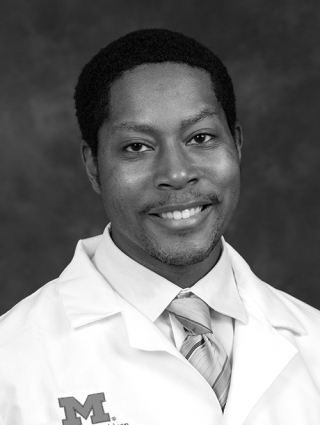
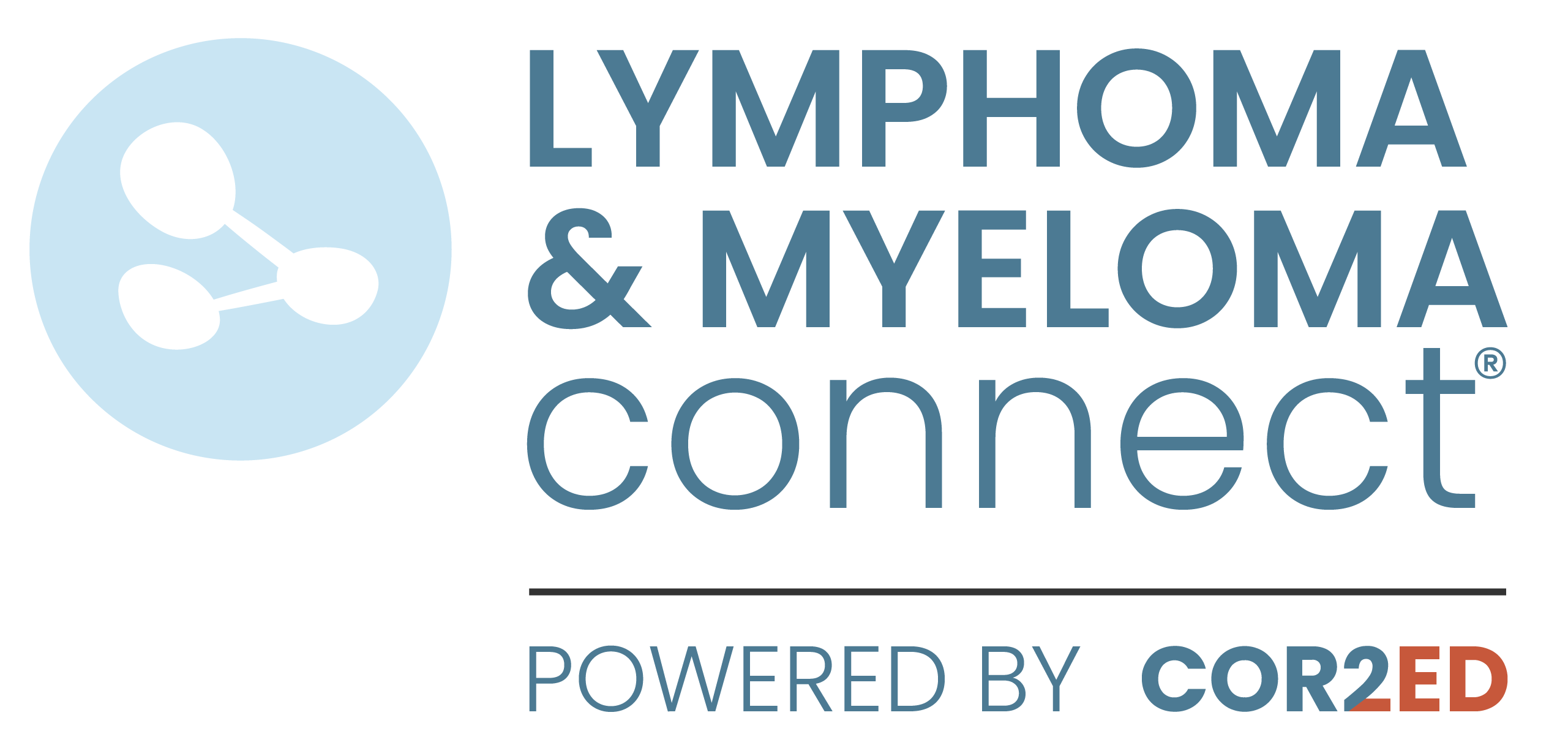


 Downloadable
Downloadable  3 MIN
3 MIN
 Jun 2025
Jun 2025 